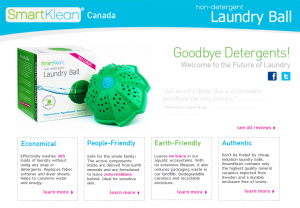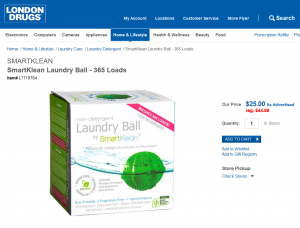I may preach a lot about sustainability, but I am no angel. I would count myself as someone who is quite sustainably conscious. I’m not particularly proud of this list, but it’s one that I thought I’d share regardless.
- I fly on planes. For work, for vacation, etc. I feel so guilty whenever I step foot on one. I feel like I should be going on a plane to preach sustainability or to help plant trees or at least buy some carbon offsets. Do I still get on planes? Yep.
- I am so lazy that I’d prefer a direct car ride over transit or riding a bicycle. I’m pretty sure my carbon foot print is huge.
- I stay up really irregular hours and use up tons of electricity (case and point: look at the time that this blog was posted.)
- I always forget my water bottle/thermos at home and end up buying some kind of drink with a disposable cup
- I take the water we have here in Vancouver for granted.
- Composting is a great idea, but sometimes a compost is too far away or I’m too lazy to wait to compost whatever I have that’s compostable
- I am the worst person when it comes to buying cosmetics and never using them or only using parts of the product and then shove it in a drawer.
- I don’t like wasting food, but I find I sometimes I am confronted with a lot of food. I think it’s super important to be aware of how much I can eat. However, I can’t control a lot of the portion sizes in restaurants.
- I realize that red meat isn’t the greatest for the environment. This is especially true with how it’s produced and how much that production process goes into global warming, but it’s just so easy to prepare and is so much cheaper as well though! I consider going vegetarian all the time. I have been a vegetarian for about two days in a row before caving in to eating meat again though. It’s a love hate relationship.
- I love the newer model of things I have. I will find an excuse to upgrade my laptop or to get a new jacket or anything that feeds into materialism.
I suppose that it’s all about finding the right balance between things I do, finding the passion to do these things properly and taking the time to educate myself. It took a lot to confess this, so please don’t rip me apart too much. I’m working on it though!




